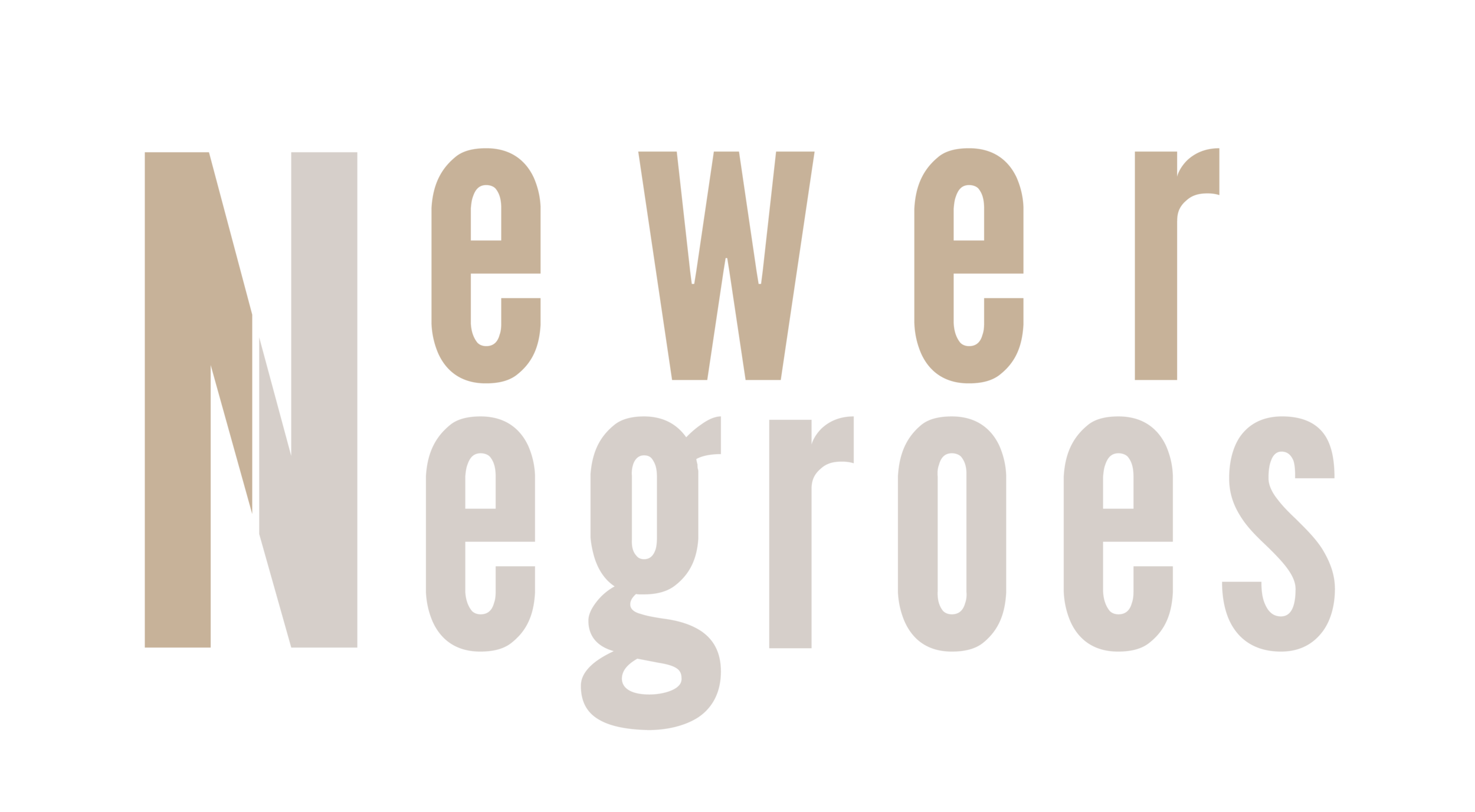Unless We Abolish Prisons, Black People Will Never Be Free - Here’s Why

I hear the voices of centuries past, singing in chorus, a language my tongue can never speak, but I feel it deep in my bones when black blood wets the earth, and another opens their mouth, from which crawls the parts of revolution- words for some, movements for others, but all, demanding dignity.
Prison abolitionist theory and activism is not the utopic, arrogant, and painfully naive demand of intellectuals who are loosely associated with reality, as mainstream thinkers and leaders typically argue. In fact, it is an absolutely necessary imperative for the pursuit of liberation, of dignity, of life, especially for Black folks.
The basic premise of prison abolition is that we must remove prisons from our society. There are many other reasons that folks have been calling for the abolition of prisons. Primarily it’s because they simply do not serve a function other than the proliferation of the conditions that pave the way for situations that ultimately hurt people, “victims” and “offenders.” That’s right, prisons don’t really make us safe. In fact, they make us more insecure. Prisons destabilize our communities by literally “disappearing” people from our homes, workforce, schools, and neighborhoods. This effectively means that by removing vast numbers of individuals from communities, creating economic and social hardship, we recreate the conditions that may have led to folks engaging in behavior, that the society avoids by putting people in prison.
Prisons do, however, perform well as the symbiotic apparatus of white supremacy and capitalism. When I think of the numbers of folks under direct supervision of the correctional system, 2.3 million at any given moment, 1 million of which are Black people - I fear we are not responding with enough urgency to this seemingly set-course of our history. This leads to the continued desecration of our Black, queer, woman-gendered, devalued bodies, because the most vulnerable of people are further oppressed by the system of incarceration.
The infamous racist and classist Drug War, that has become global, is the principle mechanism that has delivered generations into this era of mass incarceration. The war on drugs has never been a war on said drugs, but on Black people, namely, Black and poor. There exists a sinister agency behind the notion and practice of criminalizing people because of their drug use. This war has done incredible damage to the well-being of Black folks in America, not to mention the psycho-social damage, which is immeasurable. Perhaps a public health approach to substance use is more appropriate and effective than criminalizing people, and that’s just not done with in institutions like the prison.
Problems are not solved by prisons, only avoided.
A friend helped me realize that because we cannot help white people remove white supremacy from their psyche, we have to protect ourselves from its socio-political-economic wrath by way of dismantling the tools it uses to assert and preserve itself, like prisons. We have to build the political and social power to undo structures of a society organized on the premise of white supremacy, or with the “value gap,” the idea that white lives are more valuable than others.
Honestly, I don’t know what a world without prisons actually looks like, it’s hard to visualize because of its massive footprint on our society, hanging like an eternal, malignant shadow. I do know that the vast majority of people in prison are not there for violent offenses. I don’t think we have to be any more sophisticated than to acknowledge that people in prison are people, and that they are deserving of a basic humanity, even when they themselves have manufactured violence. We cannot repay violence with indignity. Relegating incarcerated folks to social and civil death, by way of prison, and discarding those who are deemed valueless through an unfair criminal justice system, that profits off of bodies living in cages, is enough for us to have to realize that we simply need to do something totally, radically different.
Prison abolition is not only about removing prisons from our society. It is also about abolishing, finally, the death penalty. We must remove the thought and practice that justice is interchangeable with revenge, that healing is associated with retribution. This is to say, that to hold a prison abolitionist politic, does not mean we should not simultaneously be working to improve the conditions of folks already in prison. I’m reminded of Mumia-Abu Jamal, an imprisoned journalist. He is effectively the most famous political prisoner alive today; yet, he is living in solitary confinement, and ailing from untreated Hepatitis-C. No other story quite like Mumia’s has made me realize how imperative it is that we immediately end solitary confinement.
The silence we show cases like Mumia's will only be met with the expansion of prisons, the increased privatization of policing and incarceration, and therefore the increased monetization of human life. Indeed, Black folks, Brown folks, queer, trans, non-binary, women, and the politically engaged are the primary targets of a white owned, heteronormative, corporate bought society. And if this is so, we must reckon with one deliberate truth: prison abolition is about saving our lives.
-NN-
Jawanza James Williams (pronouns, He, Him, They, Them) is a Black, radical Queer, Prison Abolitionist, Socialist, Community Organizer and Writer. He is a native of Beaumont, Texas. He received a BA in English from Schreiner University in 2012. Williams is an alumni of Public Allies of New York. He currently lives in NY and works with Voices of Community Activists and Leaders (VOCAL-NY) as a Youth Organizer focusing on LGBTQ rights and homelessness.





